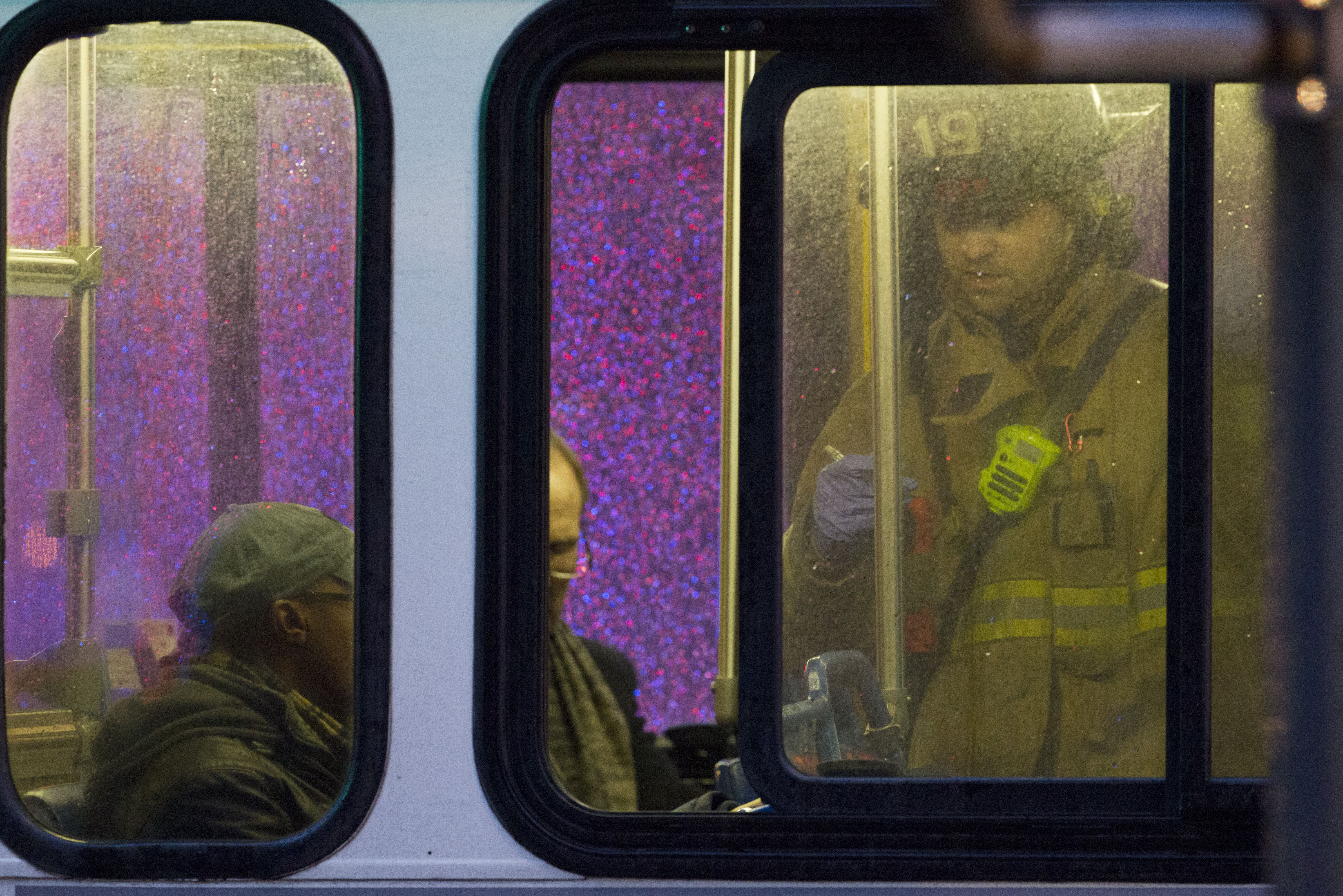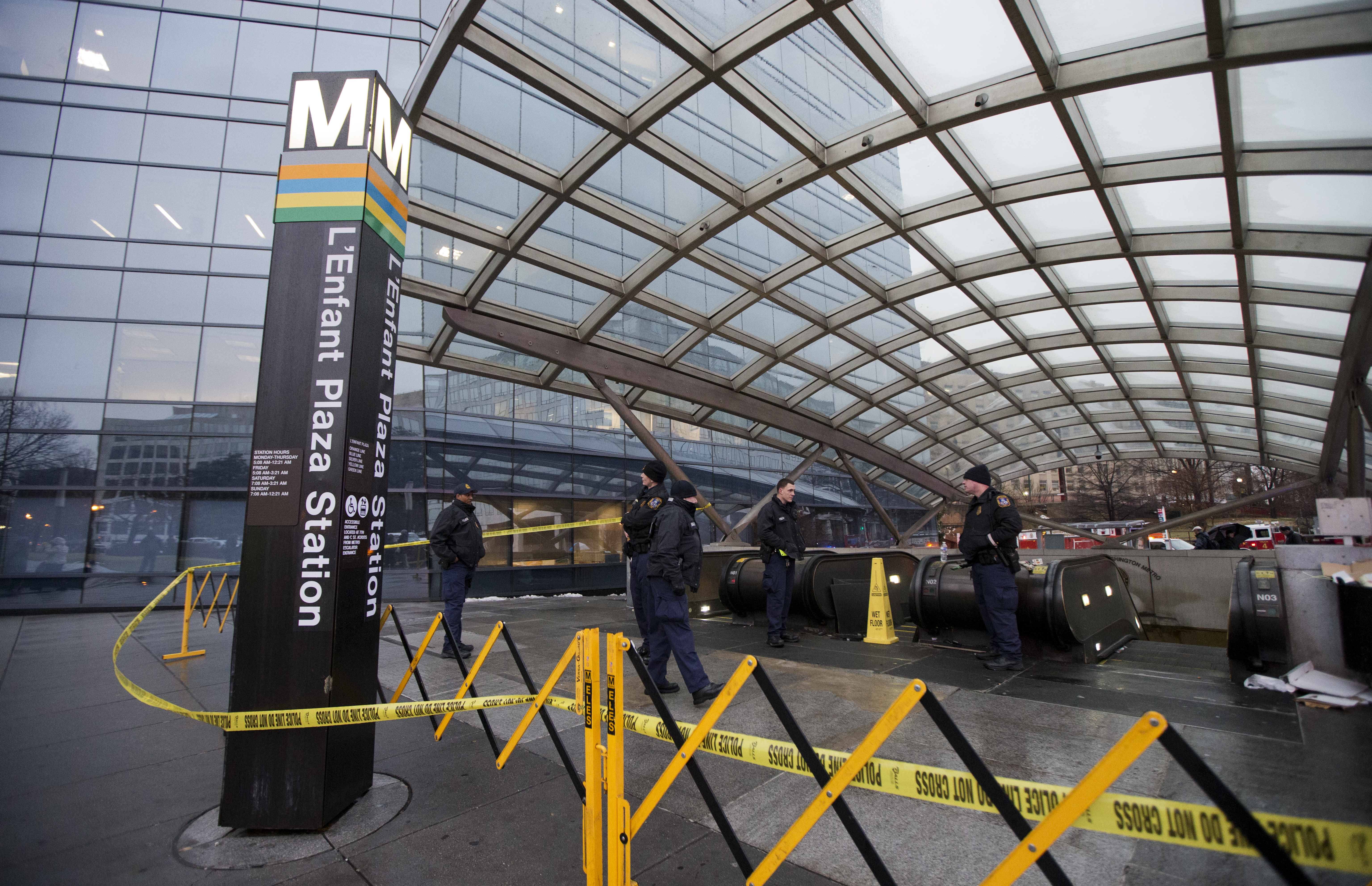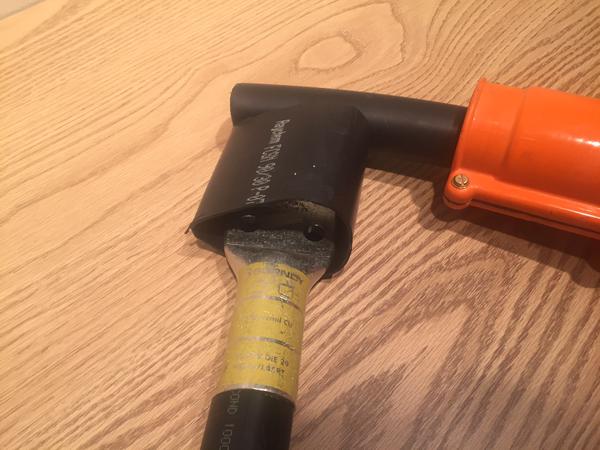WASHINGTON — Overworked, undertrained and distracted rail controllers are just part of the major safety issues that Metro has failed to address, according to a Federal Transit Administration report released Wednesday.
The FTA inspection, initiated following the January smoke incident near the L’Enfant Plaza Station that killed Carol Glover and injured 86 others, details 44 official findings of problems with Metro’s rail system, and 10 findings for Metrobus.
Each finding includes required actions that Metro must comply with, some of which are similar to issues raised after the deadly 2009 Red Line crash. Metro has 90 days to submit a plan to the FTA detailing how the transit system will address the safety issues. Some could take years to completely fix, and Metro has yet to complete all recommendations that stemmed from the Red Line crash.
Among the findings, Metro doesn’t do enough track maintenance and only manages to squeeze in two hours of work during overnight repair sessions. Fans that ventilate the subway tunnels don’t always work. Critical components on the train and the track aren’t cleaned regularly. The report also suggests that greater power demand from eight-car trains has contributed to a rise in electrical fires.
Metro Interim General Manager Jack Requa says in a statement that he welcomes the report “as a road map for continuous safety improvements at Metro.”
“We will strengthen our operations, customer service and safety culture through training, staffing and ensuring compliance of safety policies and procedures. And with the understanding of our customers, we will address the need for a better balance between service and track outages to upgrade the system. We remain committed to creating an even safer system,” the statement says.
Acting FTA Administrator Therese McMillan says that Metro is not unsafe, and that she will continue to ride the transit system. But Metro must do better and must make clearer commitments to put safety first, even if it means more single tracking on nights or weekends to make needed repairs.
McMillan says some of the most significant concerns were found in the Rail Operations Control Center, which is understaffed, too noisy and workers are too distracted.
The rail controllers, who serve a similar function as air traffic controllers, have not gone through recertifications required by Metro’s own policies.
Metro has struggled to add control center staff, which would reduce the vast amount of overtime required of these key employees who are responsible for ensuring proper emergency response and the safe movement of trains through the system.
The FTA inspection also found there are few, if any, checklists for responding to key events or for working in many Metro jobs. That leads to on-the-job training that can be informal and sometimes wrong.
The report finds that confusion or delays in the control center granting permission to workers to access track segments or to confirm that power is off plus missing parts and a lack of coordination all led to maintenance problems and contributed to as little as 1.5 hours to two hours of actual work getting done on the tracks each night when the system is closed.
In addition to better coordination and allotting more time for repair work, the report recommends that when segments of track are closed, that Metro should send multiple repair crews to work along the entire stretch or to perform multiple maintenance tasks.
Metro said last week it will implement more single-tracking, including during midday hours, to add missing seals to cable systems that supply power to the third rail — a problem that the NTSB has identified as an issue that could be connected to smoke incidents like the deadly Yellow Line event in January.
A separate NTSB investigation into that incident is ongoing, with public hearings scheduled next week.
Smoke, fire, fans and electricity
The FTA is requiring Metro to address the increasing number of smoke incidents in the system and to come up with improved ventilation plans. The FTA is also following an NTSB recommendation and ordered reviews of transit tunnels across the country for similar problems.
The report finds some Metro ventilation fans were out of service for more than six months waiting for a repair. Upgrading the aging fans and shafts to meet modern fire safety standards would cost billions of dollars.
Fans at the L’Enfant Station and near the train stuck in the smoke worked but were used improperly and actually drew the smoke toward thee train instead of away from it, an earlier NTSB report found.
Cleaning key components of rail cars, tunnel fans or third rail covers is not always done as expected. And the report notes confusion among Metro workers over the definition of an “arcing insulator” that can delay urgent repairs.
The FTA report also cites the addition of more eight-car trains at rush hour as a possible contributing factor to the increased number of smoke incidents in the Metro system because the longer trains draw more power through the third rail.
In 2014, Metro had almost twice as many “fire suppression” events as in 2013. And this year, the transit system is on pace to exceed last year’s fire total, according to the report.
“WMATA has been experiencing a growing number of fires and smoke events, whether related to the changing performance of the traction power system as it manages new electricity demands for 8-car trains, changing weather conditions requiring sudden spikes in energy consumption for heating or cooling, increased debris on tracks and grime buildup on insulators and other traction power system components, or other causes,” the report says.
Metrobus
In the bus system, one of the top recommendations is to improve protections for drivers from assaults, which are often sparked by disputes over fares and fare machines that frequently malfunction.
New training for bus drivers directs them to simply state the fare, and then press a button if a rider refuses to pay. Metro Transit Police are putting more officers on routes that have the highest incidents of fare evasion.
The inspection also notes that many of Metro’s newest buses are breaking down sooner than expected, and that many drivers are not given the time to do required safety checks before taking a vehicle on the road. The lack of pre-trip inspections could put other drivers, cyclists or pedestrians at risk in addition to those on the bus if a detectable problem goes unnoticed. It could also expose Metro to lawsuits.
The FTA also has concerns about turnover and training of bus mechanics, in addition to concerns about training, observation and documentation of random checks throughout the Metro system.
If Metro fails to meet its goals outlined in the plan due in 90 days, the FTA could withhold money from Metro or require certain cash be spent on specific safety priorities.
Long-standing financial and accounting issues have already restricted the flow of federal grant money to Metro.
Read the full FTA report here.








